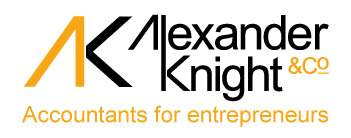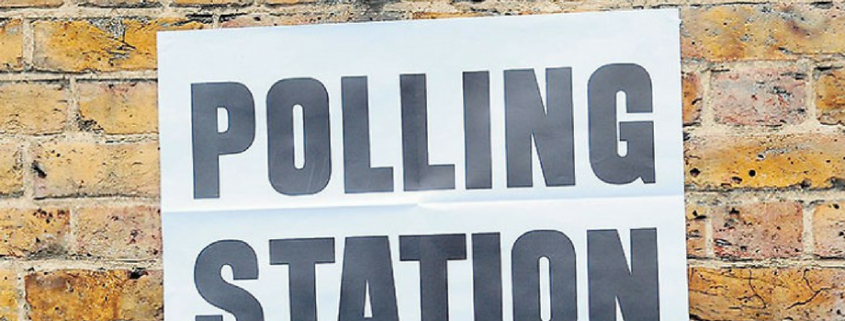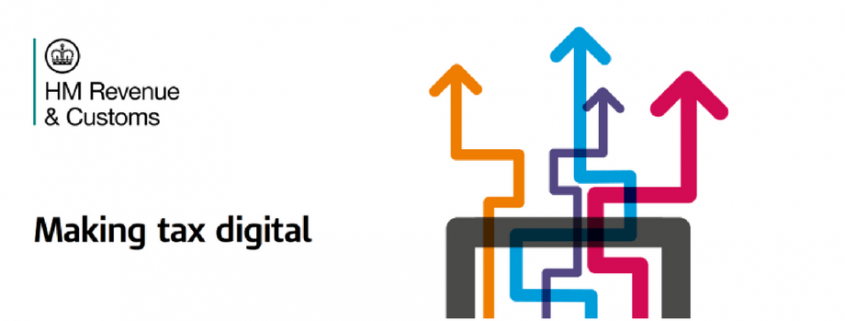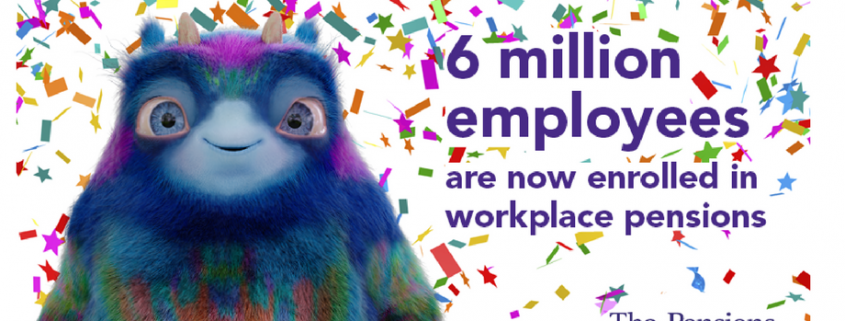Trio of new family-owned clients
We’re really pleased to have an outstanding reputation for looking after family-owned businesses. The word is clearly getting ‘out there’ in Greater Manchester and Cheshire as we welcome three new successful clients to our practice.
Aquavision Distribution Limited, DP Cold Planing Limited and a family run scrap metal business are a trio of successful North-West family-owned businesses.
Aquavision is a fast-growing business based in Stockport and is the number one British manufacturer of in-wall and waterproof televisions.
DP Cold Planing is a second-generation family business now run by brothers Anthony and Richard Prescott after being founded by their father in 1985.
In addition, we’ve also been appointed by a successful family run scrap metal merchant in East Manchester which has been trading locally for more than thirty years.
We’re delighted to be growing our client base of family owned businesses. All of these new clients are looking for better hands-on support and advice and value for money.
We’re even more delighted that these new clients came to us as a result of positive recommendations from other people who trust our people and services.
Family businesses need special care and attention as they pass from generation to generation. Not all accountants understand what motivates a family firm at different stages in its growth cycle.
We’re pleased to be reaping the rewards of being more aligned to the family-owned entrepreneurial mindset than our competitors.











